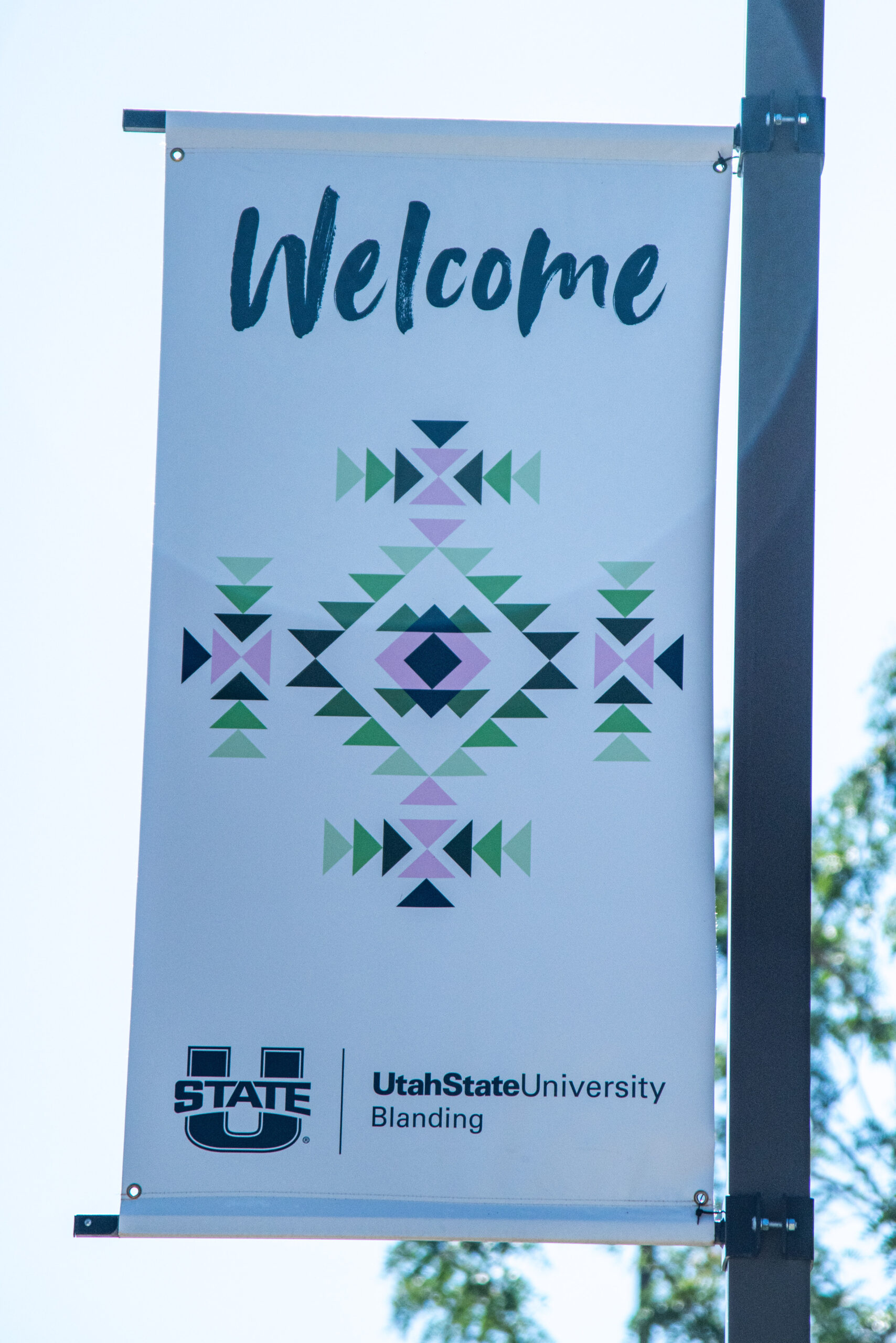TRIO uplifts first-generation students at USU
Nearly 6,000 students attending USU are first-generation. First-generation college students are defined as students whose parents did not go to college or receive a 4-year bachelor’s degree in the U.S.
Pursuing a college education is an enduring and expensive process, even more so for students who are pioneering a path to academia for the first time in their family. For many first-gen college students, a college degree is less about what it can provide for them and more about how it can help them provide.
“As a first-generation college student, I never stepped in the office of a tutor or academic adviser when I attended a junior college in California and then BYU,” said Kimberly Hiatt, director of TRIO Student Support Services at USU Blanding. “I know what it’s like to be intimidated and unclear on who to visit and what to ask to make the most of my higher education journey.”
Hiatt is a first-generation college graduate who pursued a second career in higher education following earning her master’s degree. She said the number one predictor of student success is student engagement. TRIO aims to help students discover their skills, talents and interests to achieve their goals.
USU’s TRIO program is a federally funded student program designed to support first-generation and low-income students in their academic and professional success. They aim to provide services for every step of the way by offering chances to develop intellectual, personal and community skills.
“Both of my parents are college-educated, and they received their degrees outside the United States,” said Anna Sar, a sophomore studying kinesiology, said. “I still felt like I navigated high school and college differently than a lot of people. The admission process is nothing like it was for them, and as I was learning how to prepare for higher education and apply for colleges, so were they.”
Both her parents received a 4-year college education, but Sar said the admission process in the U.S. significantly differs.
“I am lucky to have parents that support me, but we all went to my high school counselor with questions,” Sar said. “We all needed help and guidance, and when I was preparing for the ACT, this was something that my parents had never heard of before.”
Many first-generation students share the experience of navigating the world of high school preperation, college admissions and higher education by getting creative with the resources they utilize. The internet becomes a library, and the path is built as students pursue college.
“It’s not that I am a good test taker or that I really have always enjoyed school, but I researched everything on my own,” Sar said. “From test scores, majors, minors, I remember just watching videos on YouTube. I learned a lot about applying just online.”
Sar credits her success in her educational career to what she learned from her parents. She recalls the countless hours her parents spent with her at school when she was younger.
“I have always loved school,” Sar said. “My goal is to get into medical school. This wouldn’t be possible without my teachers, counselors or advisers, but my parents have always shown me how a strong foundation and work ethic pays off.”
Sar has been able to transform challenges into skills that have driven her through higher education.
“I learned to get comfortable with asking for information or help,” Sar said. “My advisers have been amazing, and they have made my college experience life-changing.”
Hiatt said the majority of TRIO students are Native American.
“They are driven to do something that hasn’t been done in their family,” Hiatt said. “95% of our students are Native American, and all are either first-generation, low-income or have a documented disability.”
Hiatt said her students have given her a deeper understanding of the unique challenges they face. Mental illness, isolation and financial burden are some of the issues advisers at TRIO help with.
“There is no such thing as failure — just learning and growth,” Hiatt said. “All of them need to feel like they belong and know there is support available every step of the way, and that’s the purpose of programs like TRIO Student Support Services. Encourage them to engage in human connection, to put down their phones, spend less time on social media and video games and engage in opportunities for face-to-face and educational learning.”

